Member of the Month: Danielle Denardo
Kate Duchowny, Margaret Hicken, Sameera NayakMay’s Member of the Month is Danielle Denardo, Assistant Professor of Sociology at Soka University in Aliso Viejo, CA. Her research on health-related stigma among marginalized communities. She can be reached by email at ddenardo@soka.edu.
Welcome, Danielle! To get started, can you tell us a little bit about yourself?
Yes, thank you so much for having me! My BA and PhD are in sociology which is really the field I’m most rooted in. I did my PhD at the University of Colorado in Boulder, and I was fortunate enough to have the opportunity to work at the Institute of Behavioral Science which is an interdisciplinary research institute. I served as the graduate student training coordinator for the graduate and postdoctoral training program there for several years, and that’s really where I started to gain an appreciation for the value of interdisciplinary work. I’m now at Soka University of America, and that’s a small liberal arts school in Southern California with mostly undergraduates.
Thank you for sharing! It sounds like you have been working in an interdisciplinary space for quite a while. Can you tell us a bit about your research?
Through my research, I examine how marginalized populations navigate health and daily life in complex and evolving disease landscapes. One project I am currently working on looks at how middle-aged and older adults living in South Africa experience and respond to HIV-related stigma. Another project focuses on the experiences of people who have intellectual disabilities and their families during the COVID-19 pandemic.
Those sound like two very interesting research tracks! Can you tell us more about what you mean when you say an ‘evolving disease landscapes’?
Yes, so for example with HIV, there have been multiple epidemic eras over the course of the pandemic. In particular, access to anti-retroviral treatment has been one major shift in the pandemic so that more people are living and aging with HIV. At the same time in South Africa there are growing numbers of people, especially middle-aged and older adults, living with non-communicable chronic diseases, like diabetes and hypertension. So we’re interested in examining how these changes in the disease landscape shape the experience of living and aging with HIV. One theme we’re finding from our interviews with middle-aged and older adults is the persistence of HIV-related stigma. Participants were still actively engaging in different forms of stigma management and resistance in their daily lives, despite the transformation of HIV into a treatment-managed chronic disease.
So meaningful! Can you tell us a bit more about how you use interdisciplinary frameworks or theories to inform your work?
So the HIV project is deeply collaborative and interdisciplinary and I was lucky enough to be brought on to this project and have the opportunity to work with an amazing team of researchers. For this current study, several of us are sociologists and one collaborator has a background in epidemiology and practicing medicine, and so that’s been helpful. We also take an interdisciplinary approach in the analysis by drawing on theoretical and conceptual frameworks that have been developed within sociology, medical anthropology, and social psychology. And then the COVID-19 project is a more independent effort, but to add a collaborative and interdisciplinary piece, I joined a working group at the beginning of the Covid-19 pandemic, which is something I’ve never done before.
A working group sounds great! How has your experience been?
It’s been very valuable! The working group is through CONVERGE which is headquartered at the Natural Hazards Center at the University of Colorado Boulder. The Covid-19 working groups were started with the goal to bring researchers from different disciplines together in order to encourage interdisciplinary approaches to pandemic-related research. It’s been wonderful because even though my project stays independent, I can get perspectives from people in different disciplines which is something I value and have become accustomed to while working at Soka University.
Yeah, let’s talk more about your experience at Soka, which you described as a small liberal arts college!
You know Soka was a good fit for multiple reasons for me, but one key reason was the interdisciplinary atmosphere. I never went to a liberal arts school as a student but I’ve learned in my time at Soka just how foundational interdisciplinarity is to a liberal arts education. It’s nice being at a school that really values and emphasizes that. I particularly appreciate being part of a multidisciplinary department. I’m a member of the social and behavioral sciences department, and we have faculty who are trained as sociologists, anthropologists, psychologists, political scientists, and economists. It’s a very supportive environment for interdisciplinary work.
That sounds very rewarding! How do you bring this framework to your teaching?
So at Soka there is a strong balance between teaching and scholarship and I’m able and encouraged to bridge my interdisciplinary scholarship with my teaching methods and my own interests. I’ll give an example — last year I taught a short course on the COVID-19 pandemic and global inequalities. I enjoy watching horror films in my down time and early in the pandemic I noticed a lot of comparisons being made in news articles and blog posts between the pandemic and a zombie apocalypse so I designed an evaluation assignment where students investigate the question: Is the Covid-19 pandemic like a zombie apocalypse? It ended up being a really helpful and fun assignment. The use of a zombie film as a comparative hypothetical pandemic case encouraged the students to think critically about social inequalities during the current pandemic. And it also provided an engaging scenario for the application of theoretical frameworks such as social determinants of health and intersectionality. Those kinds of bridging experiences have been really rewarding and so I always look for opportunities like that.
That is so cool! In what ways does IAPHS come into play when you are looking for more opportunities?
So I have to give credit to my friend and colleague, Dr. Elizabeth Lawrence at the University of Nevada Las Vegas, who introduced me to IAPHS and said, I think this is a good fit for you and she was right. I’ve already taken advantage of lots of opportunities! I did the mentoring program, which was extremely helpful and now I’m doing committee work. I just feel like it’s an extremely welcoming and supportive environment. I hadn’t experienced that kind of immediate inclusion and support with other organizations like this and it’s been a really fantastic experience.
We couldn’t agree more! Thank you once again Danielle for chatting with us! Where can we learn more about you?
Thanks for speaking with me, I enjoyed our conversation! I can be reached at ddenardo@soka.edu if needed!

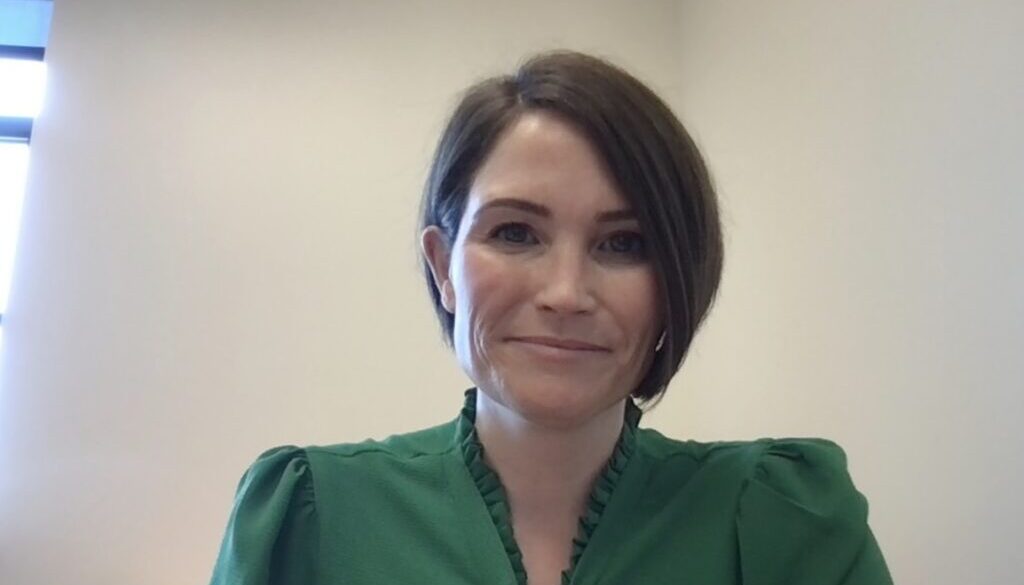
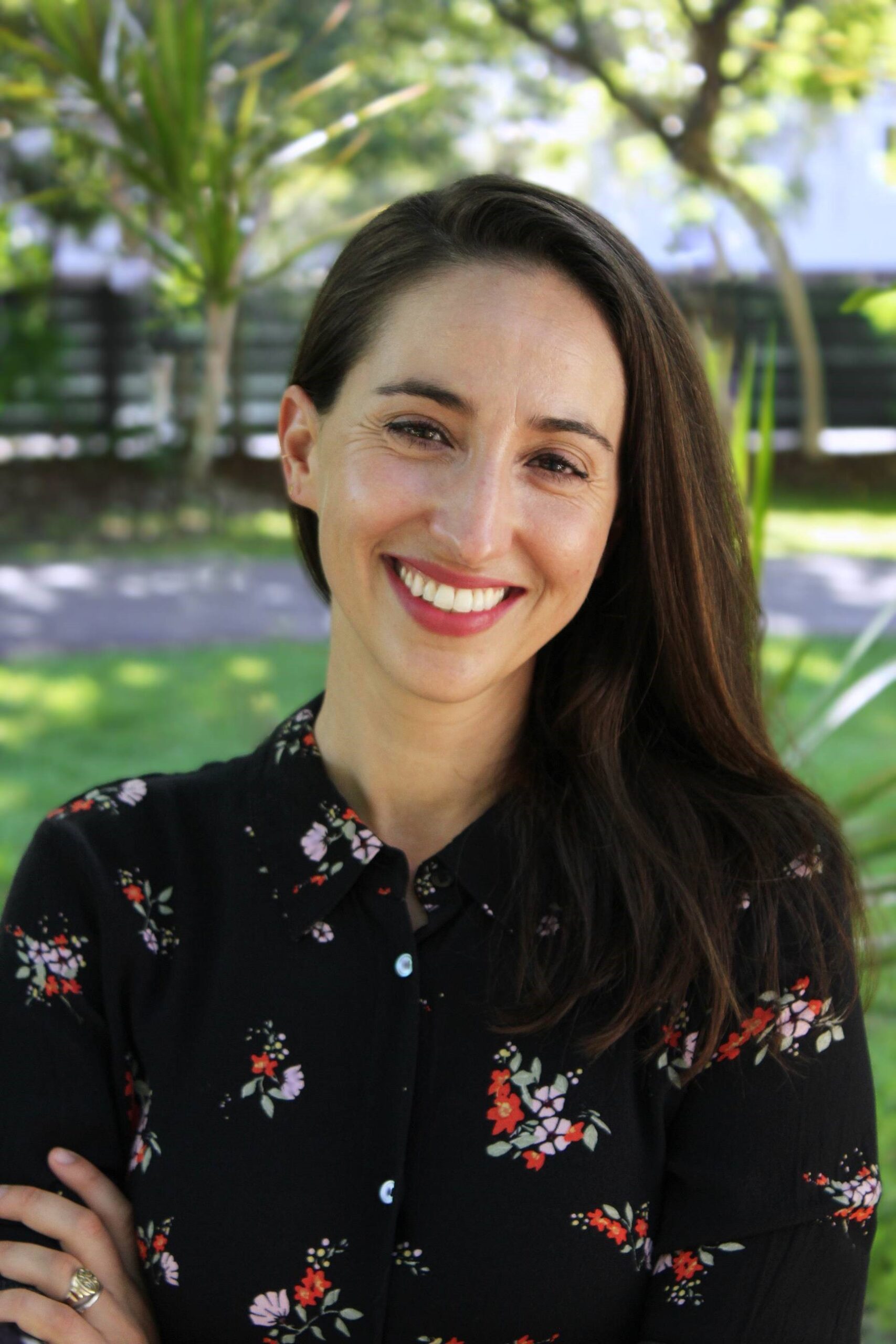
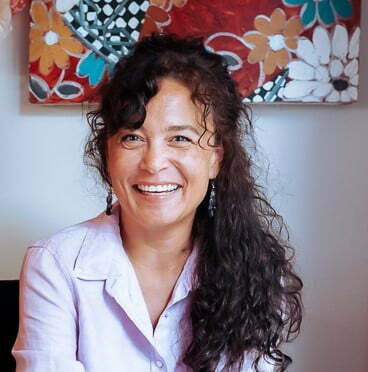
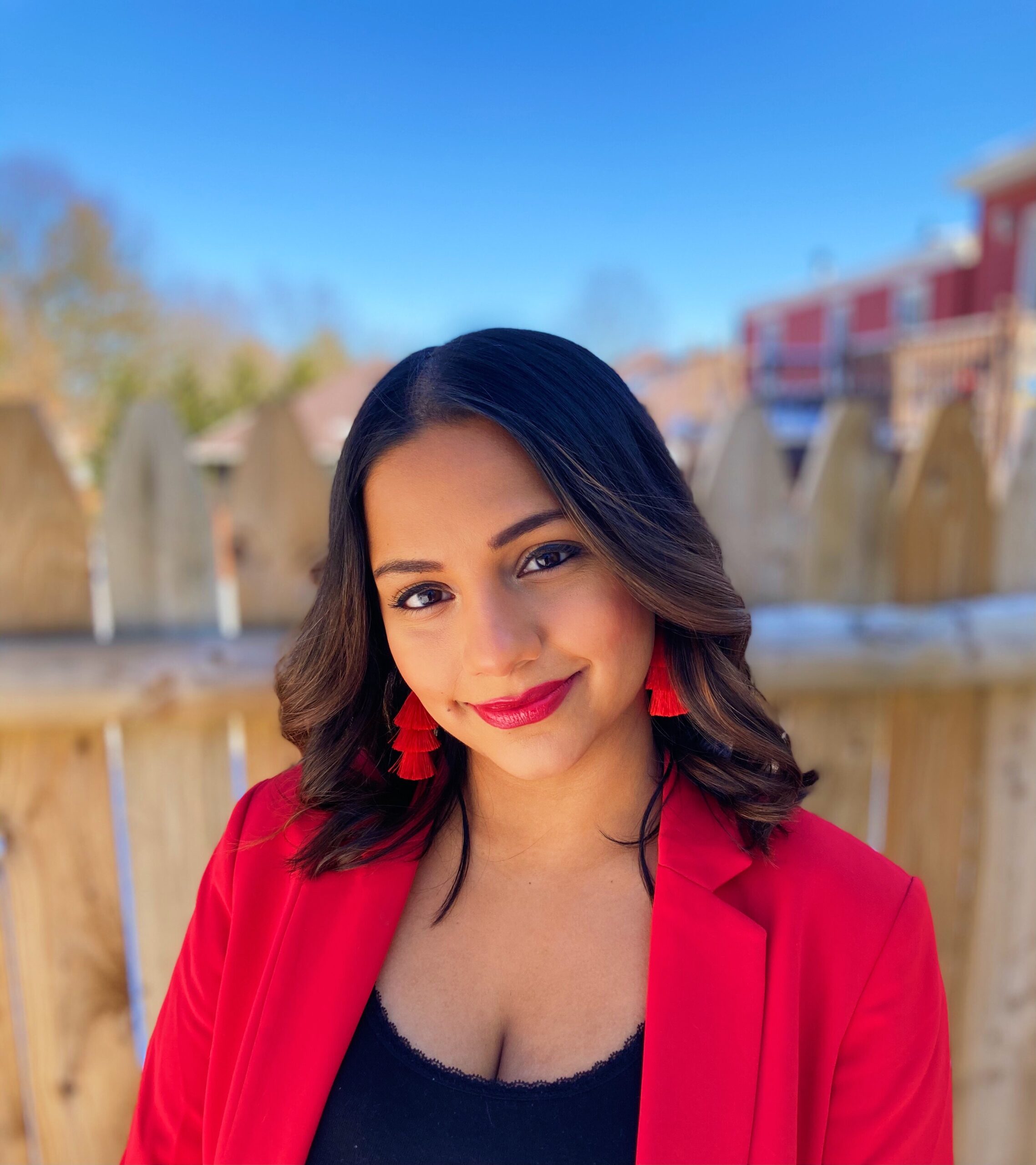
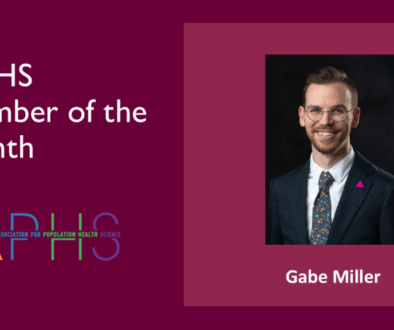
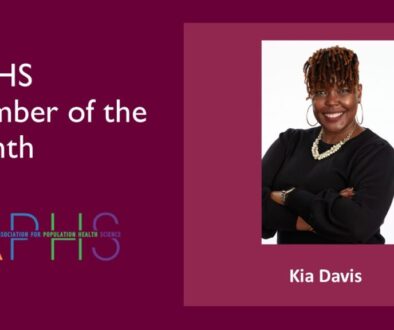

All comments will be reviewed and posted if substantive and of general interest to IAPHS readers.